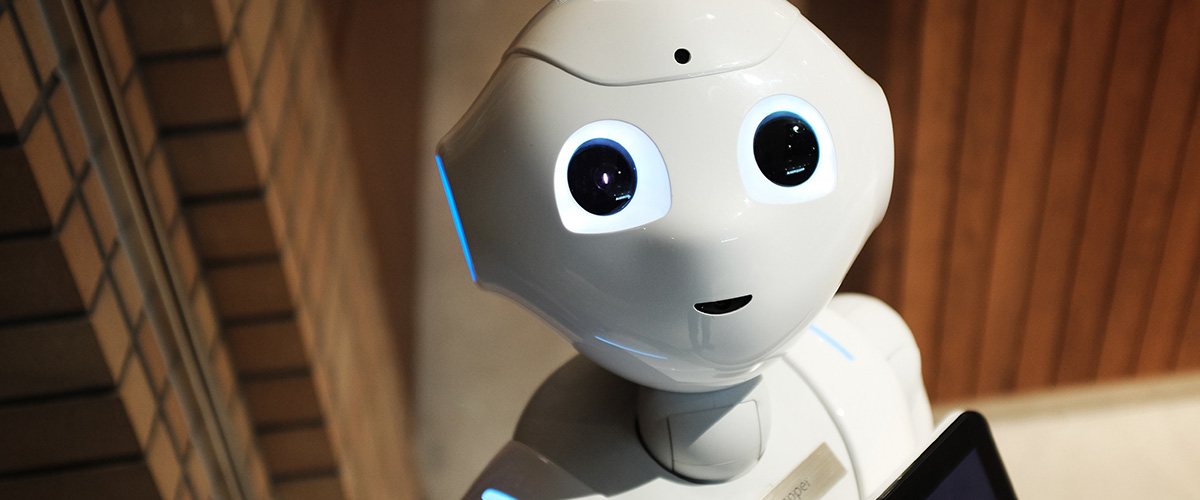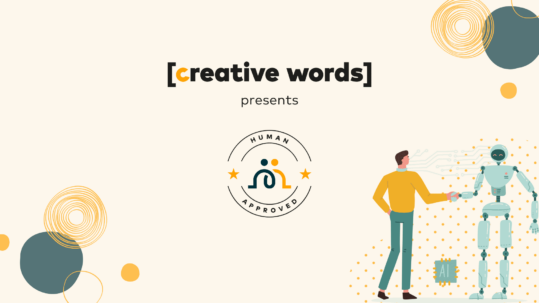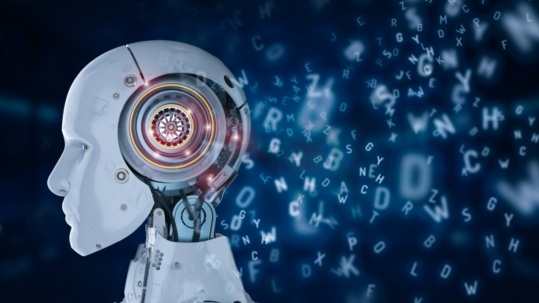
25 Feb What is Machine Translation and How does It Work?
Translation technologies are revolutionizing the world of translation by increasing productivity and accuracy while driving down translation costs and turnover times on projects.
With the number of translation projects rising, so too is the number of translation technologies available to language service providers such as computer aided translation, translation memory, and machine translation. But for many people, translation technology is still a mystery – so what exactly is machine translation?
What is Machine Translation?
Machine translation (MT) is the translation of a source text to a target language by a computer, with no human involvement. Machine translation tools are often used in translating large amounts of information and text, involving millions of words – a process that could not be done before the 21st century. That said, the quality of the output can vary greatly, particularly without the required training of the technology. However, when MT is combined with a human proof reader, it’s an excellent technology for translation.
How Does this Technology Work?
Machine technology works in three different ways, each to great benefit for language service providers:
Rules-based systems combine both language and grammar with a variety of dictionaries to aid them in providing accurate and consistent translations, whilst also ensuring they use the correct terminology for the project and client. However, it is essential to train rules-based systems in specific terminology for the technology to be used for specialist translations such as legal, automotive or medical translation.
Neural machine translation (NMT) is a relatively new translation technology and is becoming increasingly popular with language service providers. Neural machine translation functions similarly to a human brain by funneling the data through one neural network. According to leading translation professionals, neural machine translation will be accountable for 50% of translation projects by 2020.
Statistical systems are a unique branch of machine translation in that they do not observe standard language rules. Instead, statistical systems translate by learning about the source and target languages through analyzing large amounts of data. In this case, results are like human translation in fluency, but tend to be less consistent than other forms of machine translation.
Why Should I Use Machine Translation Technology?
Machine translation can be used for a number of projects such as large, data-based projects where the translation required is lengthy but straightforward. It can be extremely effective when used for particularly repetitive tasks due to the in-built memory. By isolating segments, they can be re-used as often as necessary, safe in the knowledge that it’s both accurate and quick.
Machine translation is also incredibly useful in specialized translation as, given its ability to ‘learn’ and store terminology, machine translation can apply its knowledge of the specific task at hand without the risk of mistranslation. However, it’s important to note that free machine translation platforms are not confidential, and this should be taken into consideration for confidential projects.
What are the Benefits of Investing in Machine Translation?
Machine translation is an excellent means to increase productivity, as it allows you to deliver translations faster than with traditional methods. It also offers the translator plenty of flexibility and choice, meaning they can take on a wider range of translation projects. There are several different MT engines available, depending on the assignment. Machine translation allows systems to memorize terms and phrases that are used within a given industry leading to increased consistency across the entire text.




